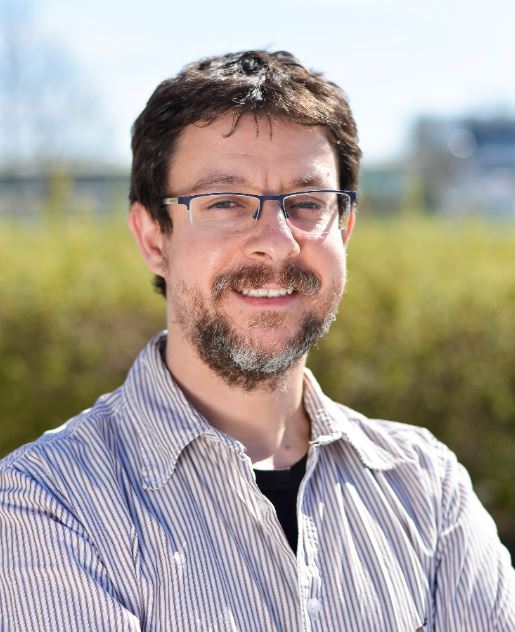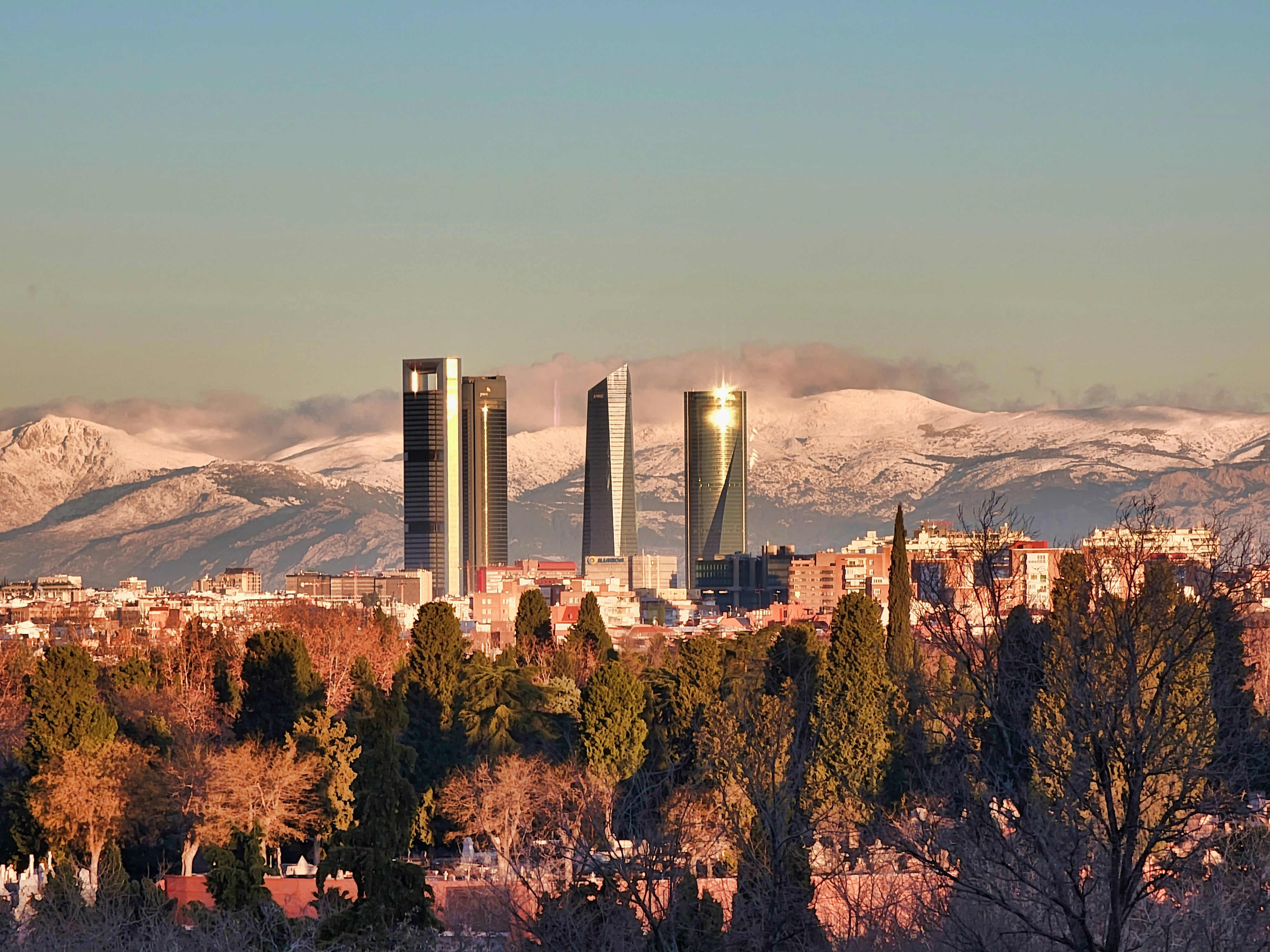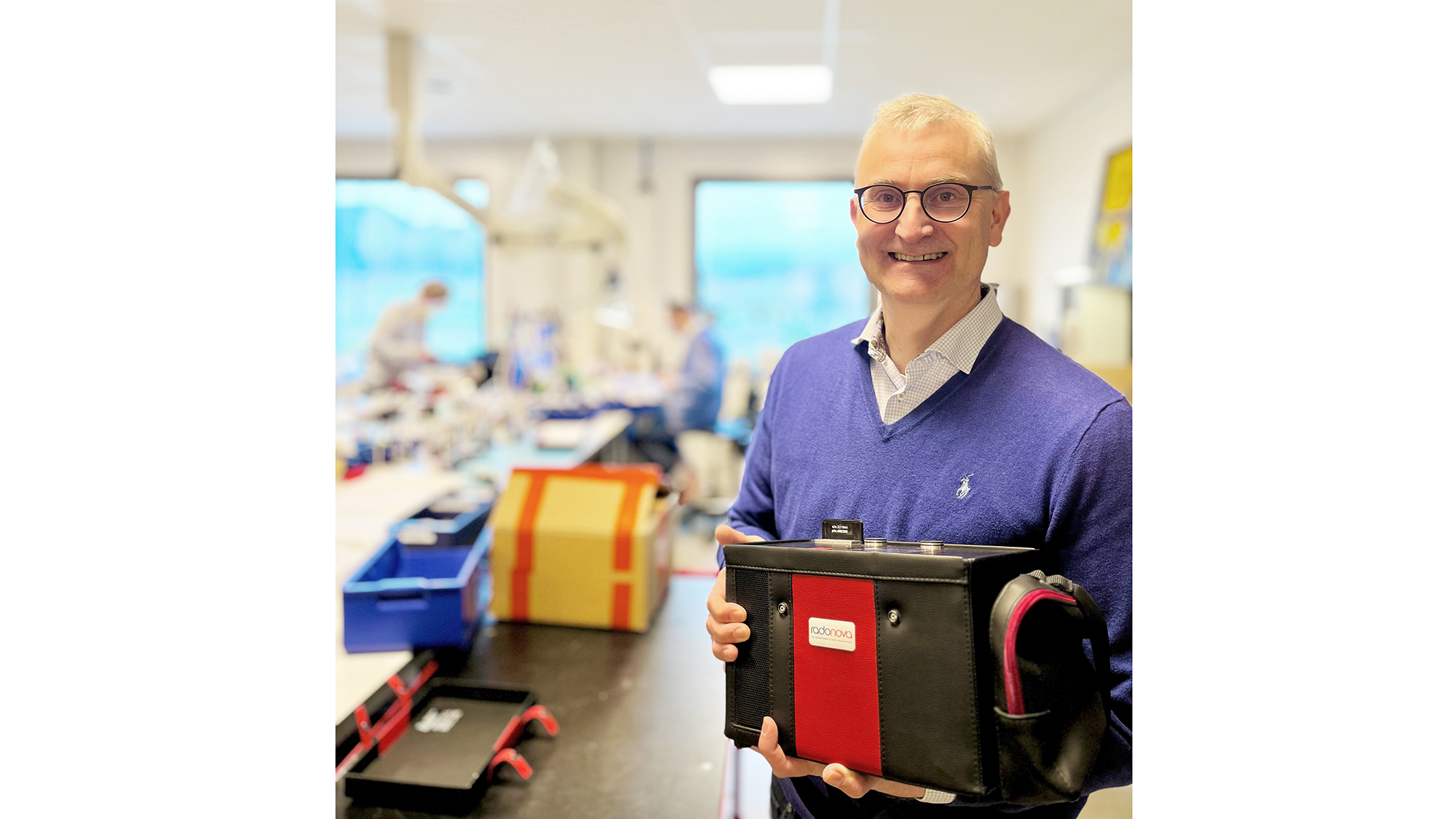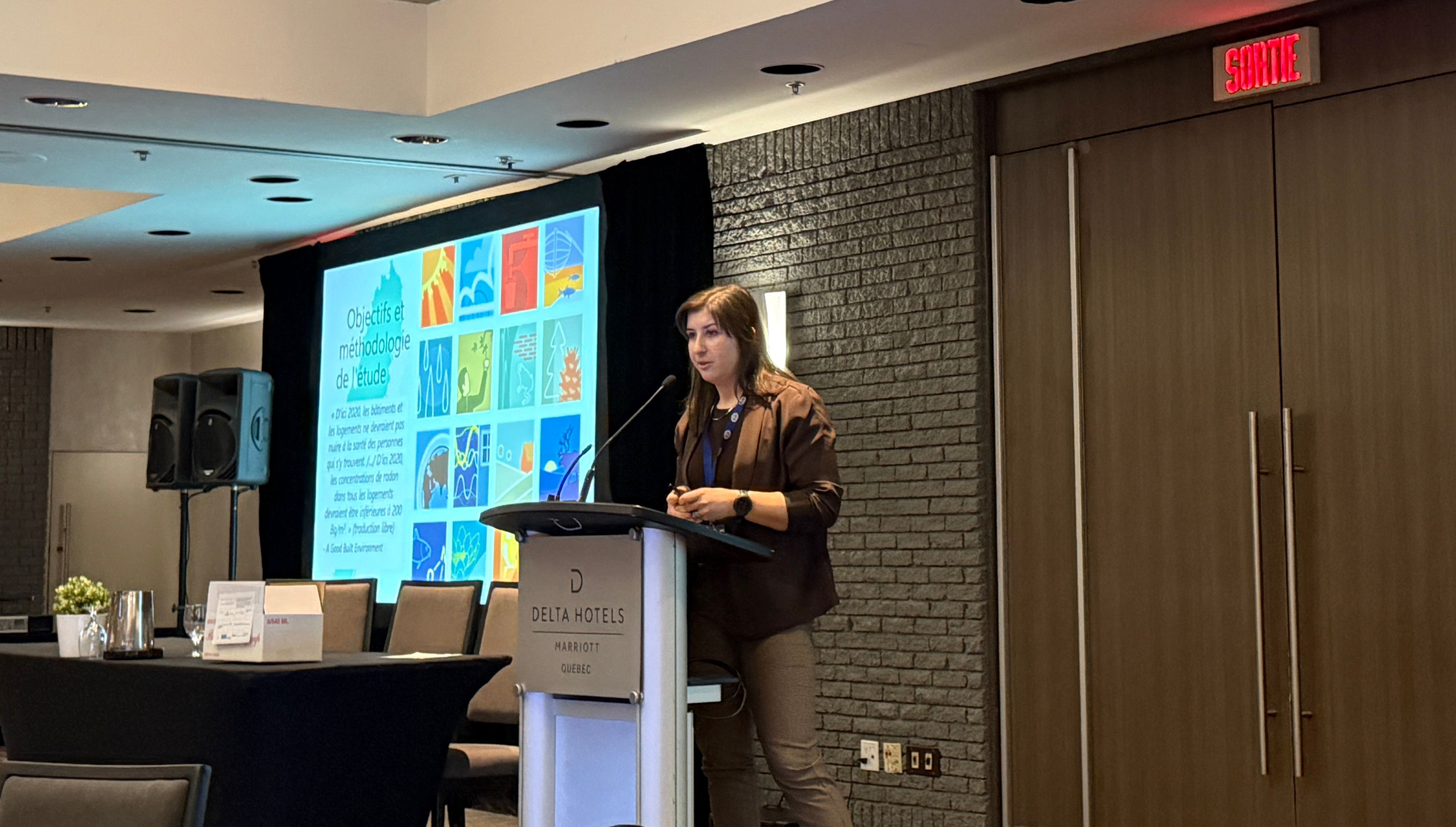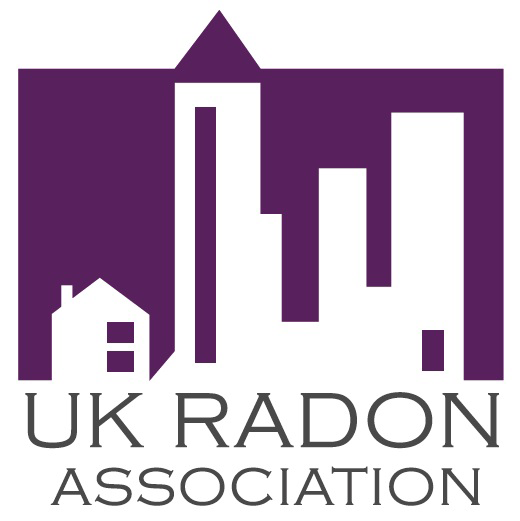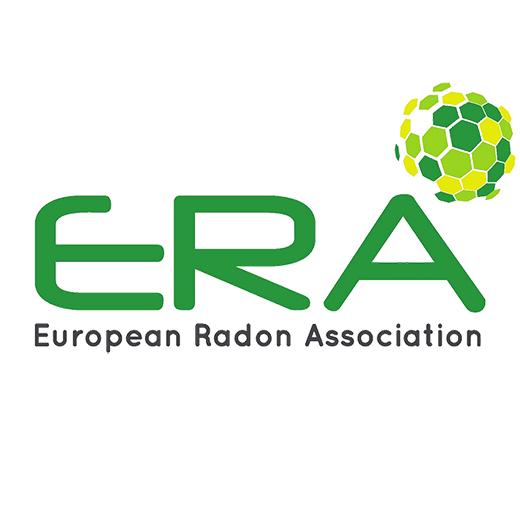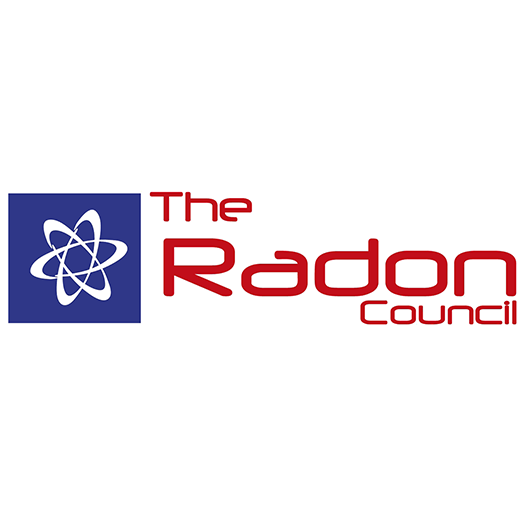Radon issues call for international coordination
As part of the work of improving coordination and contributing to more uniform processes for analysing and measuring radon, the IAEA recently organised a radon workshop in Sarajevo. José-Luis Gutiérrez Villanueva from the Swedish company Radonova was present as a specialist in radon measurement. We put some questions to José-Luis, who is one of Europe’s leading experts in this field.
Why is a radon workshop of this kind significant?
Its an important forum, this meetings. We can study all findings from different countries and can share them with others. It is also an important meeting-place for those countries that are not members of the EU and hence covered by EURATOM BSS but are in the IAEA and covered by IAEA BSS. In that sense, the IAEA radon workshop gives us a broad and effective platform for exchanging knowledge.
In what way is it important to have an international perspective on the question of radon?
By looking at this from a global perspective, we can see the differences in the way various countries handle the problem of radon. Although there are international guidelines and regulations. There are big differences in the work done and the radon programmes in different countries. A radon workshop meeting of this kind helps us to exchange knowledge. Also to reach a common understanding of how best to approach the work. In this case, we were particularly interested in how databases and analyses of statistics from different studies can be used.
What would you say is the biggest challenge if we look at radon as a global problem?
One of the major challenges is how to communicate around issues concerning radon in general and the risks in particular. The differences in priorities and judgment of risk areas are one example. Different countries can arrive at different risk assessments and classifications even though the geological conditions are basically the same.
José-Luis Gutiérrez Villanueva has worked on radon issues and radon workshops for the last 15 years. He wrote his PhD on ‘Radon exposure in dwellings of lung cancer patients: case-control study’ (University of Cantabria, 2016), and is an expert in data analysis and different ways of measuring radon. As secretary of the European Radon Association, José-Luis also has extensive experience of international work with radon .
IAEA is short for the International Atomic Energy Agency. BSS stands for Basic Safety Standards.
The title of the event held in Sarajevo from 12-14 June 2018 was ‘Regional Workshop: on database and statistical analyses, harmonisation of protocols and procedures for the measurement of radon’.

